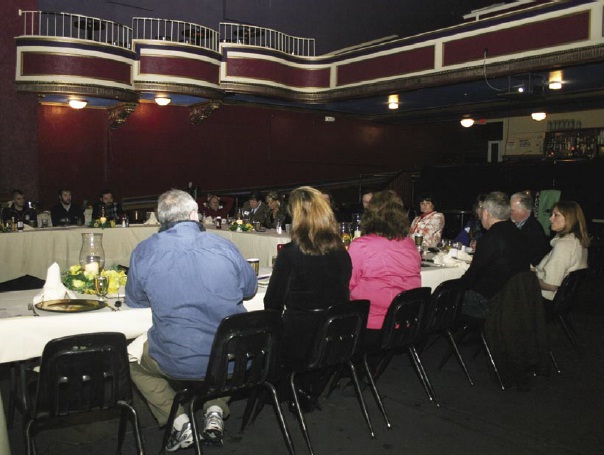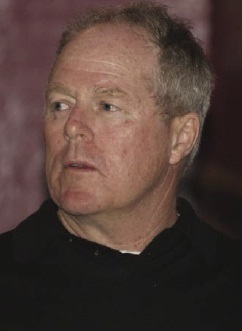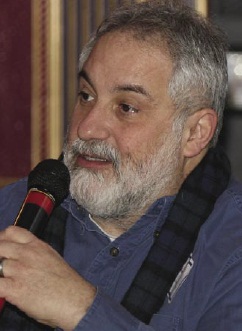Tooting its horn: Columbia seeks to attract music fans
Lorah Steiner, who orchestrated Columbia’s tourism development for a quarter century, began a recent CBT forum on a bittersweet note.
“I’m leaving soon,” she said, a few weeks before her new job in Florida begins, “but I have to tell you, I am so incredibly blessed to have marketed a destination that I think is unique in terms of its entertainment offerings.”

“Very few cities in the United States can claim to have one of the top live music venues in the country, one of the top comedy clubs in the country, one of the top jazz series in the country,” Steiner said, alluding to The Blue Note, Déjà Vu and We Always Swing, among others. “We have the University Concert Series; we have the Hearnes Arena. For a town that’s just now getting to100,000 in population and getting on the radar nationally, what we have is amazing.”
What Columbia doesn’t have, Steiner said, is cooperative marketing or a collective website with a calendar showing all of the entertainment happening around the city. Nor is there a method for buying musical event tickets from a single site, with hotels and venues offering package deals.
“How,” she asked, “can we give people a central point for information, a central point for ticketing, packages… Is there a way we can do that?” You can find (events) on our calendars, but it’s here and there.”
Steiner, local officials and about a dozen people involved in the entertainment and hospitality industries discussed the benefits of cooperative ventures during a breakfast forum on tourism development Jan. 18. The third event in the series focused on musical attractions and took place, appropriately, at The Blue Note, the foundation of Richard King’s musical attractions.

King also started Summerfest, which often features nationally known musicians performing on a closed block of Ninth Street, and helped develop the Boone County National Bank Roots ’n Blues ’n BBQ Festival.
Another attraction Steiner referred to is the “We Always Swing” Jazz Series, created 16 years ago by a booking agent/baseball writer who happened to love jazz, Jon Poses. His event draws nationally known performers, such as Dave Brubeck, Stanley Clark and Ellis Marsalis, who are on the playbill for the 2010-11 season.

But Poses said no single business or organization has the wherewithal to create and run a collective website as Steiner described.
“It has to be city driven, or (visitors bureau) driven, with a grant for funding or corporate support,” Poses said.

Unfortunately for die-hard local fans, the home of the Kansas Jayhawks has a leg up on the home of the Missouri Tigers. Lawrence.com, established eight years ago, is the gold standard for collective entertainment marketing, several participants said. The website has links to events, movies, nightlife and dining, with comprehensive calendars.
But Lawrence.com also has an unusual benefactor: The World Co., a family-run operation with a local media monopoly.

King said his marketing operations have benefited from having an active presence on Facebook, and he’s learned that the best way to use it is to target ticket buyers and nurture the audience.

Assistant City Manager Paula Hertwig Hopkins advised those involved in developing the local entertainment industry to focus on the economic benefits of drawing visitors to events.

“If I can leave you with any advice, advice for the person who succeeds me,” Steiner said, “it’s that people don’t come to a community to stay in its hotels. They come to a community because you have something to offer them. When you think of Columbia, you think about music; you think about a vibrant downtown; you think about the arts. I hope we continue to invest in that kind of destination development.”


